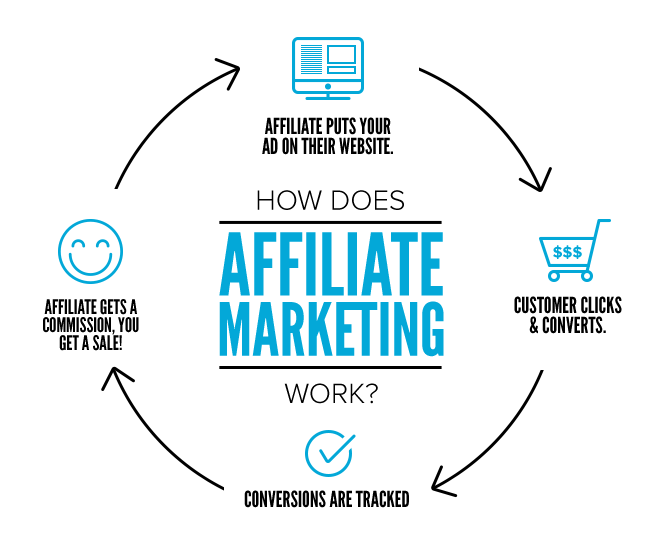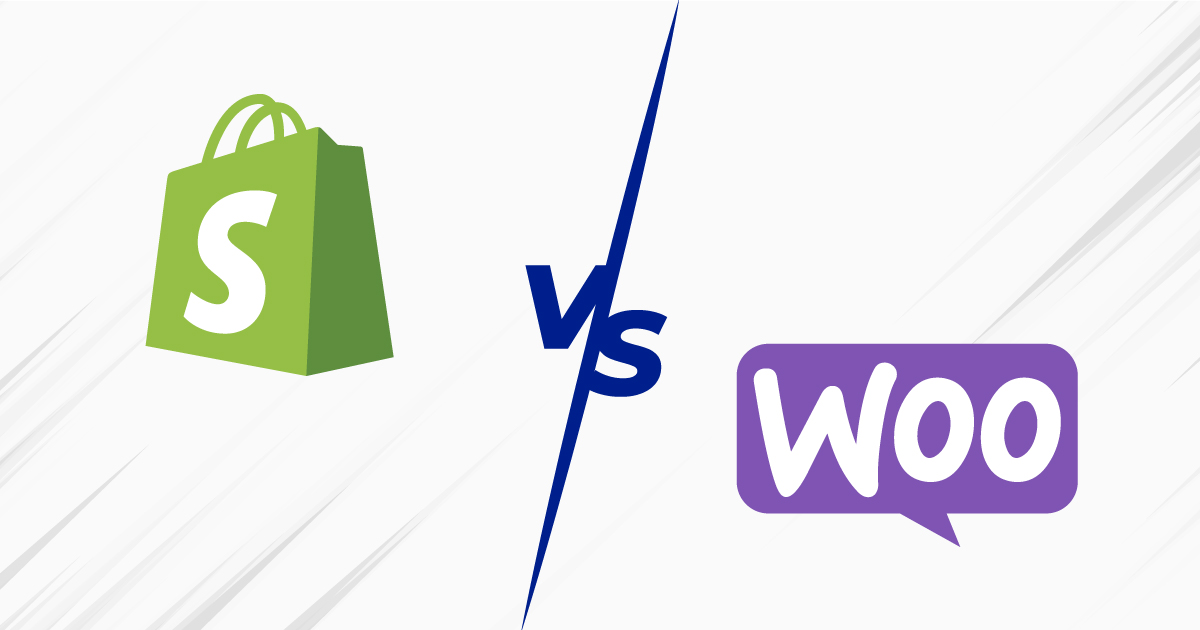Affiliate Marketing is a way for a company to sell its products via individual or company partners (“affiliates”) who market your company’s products for a commission.
It is a traditional way of selling goods or services but when applied to a digital business, affiliate marketing has its own specificities and offers a wider range of opportunities which we’ll discuss here.
A company running an affiliation marketing programme will provide affiliates (bloggers, e-mailers, etc…) with a link or a banner to publish on their website. If a visitor clicks on this link to the company’s website and buys a product, the affiliate will then receive a commission.

Why launch an Affiliate Marketing programme?
The main advantage companies get from their affiliate programme is that they only pay when a sale is confirmed. It means that they don’t have to take on any financial risk or investment.
Running an Affiliate Marketing programme is complementary to other marketing campaigns (SEM, SEO, emailing and other actions) as it allows your business to reach new potential customers.
Affiliate Marketing programme commision types
Affiliate Marketing programmes are not only suitable for businesses selling products online but also suit a variety of business types and strategies. Here are the different commision types that can be offered to affiliates:
- CPA or Cost Per Sale: commission is paid once the product or service sale is confirmed. It often is a % on the order amount.
- CPC or Cost Per Click: commission is paid for every visit the affiliate send to your website.
- CPL or Cost Per Lead: commission is paid for every contact generated by an affiliate. For example, potential customers filling out a form to receive a catalogue of your products.
How much does an Affiliate Marketing programme cost?
At first, glance, paying only commissions sounds like a very good deal, but in order to evaluate your investment in running an affiliation programme, you must factor in the time spent in order to make it work successfully.
During the setup period, you will have to configure the platform and the tracking, create and publish advertising assets for the affiliates (banners, links, texts, widgets, newsletter, etc.), and create some effective landing pages on your website to convert the generated traffic.
You will also incur additional costs to launch your programme and to manage it over time. We’ll get into some of these points in this article. .
Promote your Affiliate Marketing programme
Once your programme is ready, the affiliates will be able to find it on the affiliation platform you are using. As most of the affiliates already promote other campaigns or clients (maybe even your competitors), you will need a “push” to get them to publish your materials. The affiliation platform can help you with this aspect by promoting your programme in their communications to affiliates.
You will also be able to contact prospective affiliates directly via the platform. There are thousands of them so you will have to identify the most important and relevant ones for your business.
Being competitive in term of commision rate is crucial but you also can create a special incentive to the first affiliates who sign on with your campaigns.
Outside the affiliation platform, you can ask your existing customers to help you promote your programme. They may be the best brand ambassadors and become efficient affiliates. Your company’s social network profiles can also spread the word.
Managing and Evaluate your Affiliate Marketing programme
You will then have to select the affiliates wanting to promote your product. You may want to prevent your products from promoted on unprofessional websites or on sites that don’t fit with your company values.
You will also have to reply to your affiliates when they have questions, provide them with personalized discount codes or banners, regularly publish new content, etc.
It is important to track the results of your affiliations campaigns (you can do this through the platform itself and with Google Analytics) so that you can evaluate profitability, define the best affiliate profile for your business, and determine which advertising materials convert best.
Hopefully this primer has given you a basic understanding of affiliate marketing possibilities and encourages you to launch an affiliate programme for your company. If you lack of time to take on such a project, don’t hesitate to contact All Around: we are happy to help!
More posts about: Start an online business







